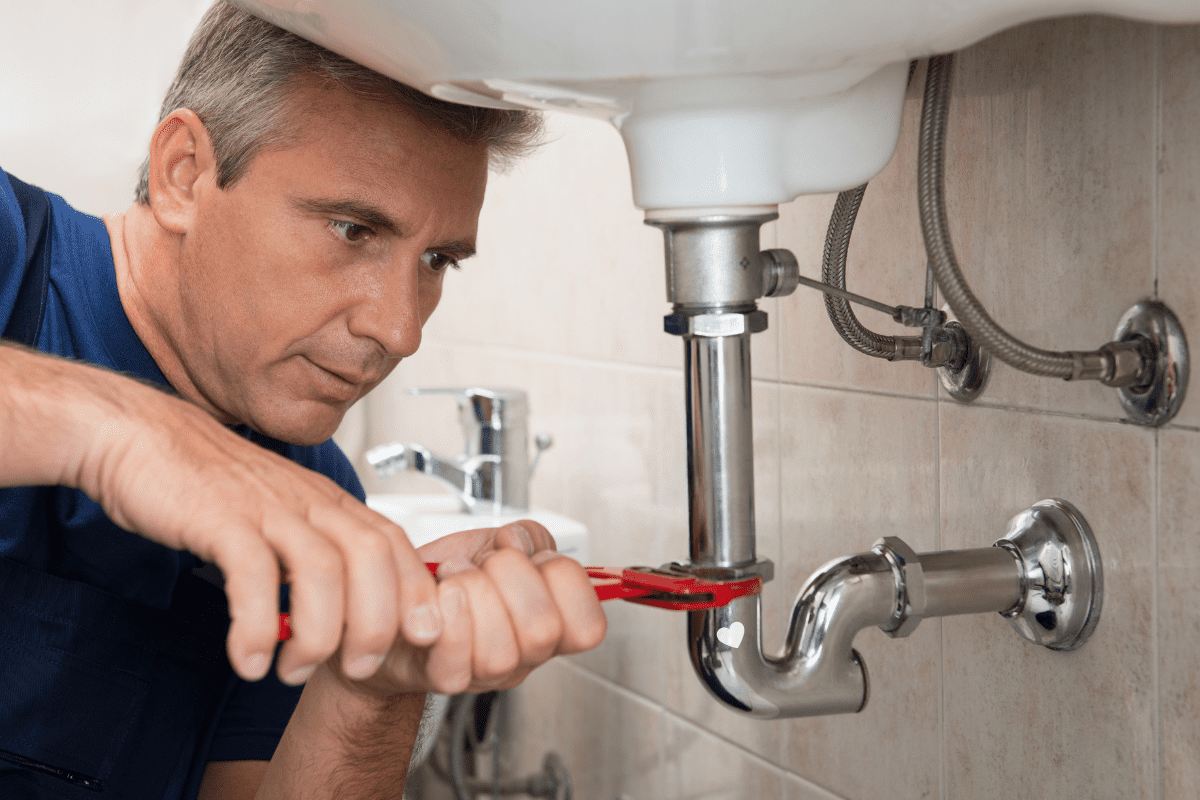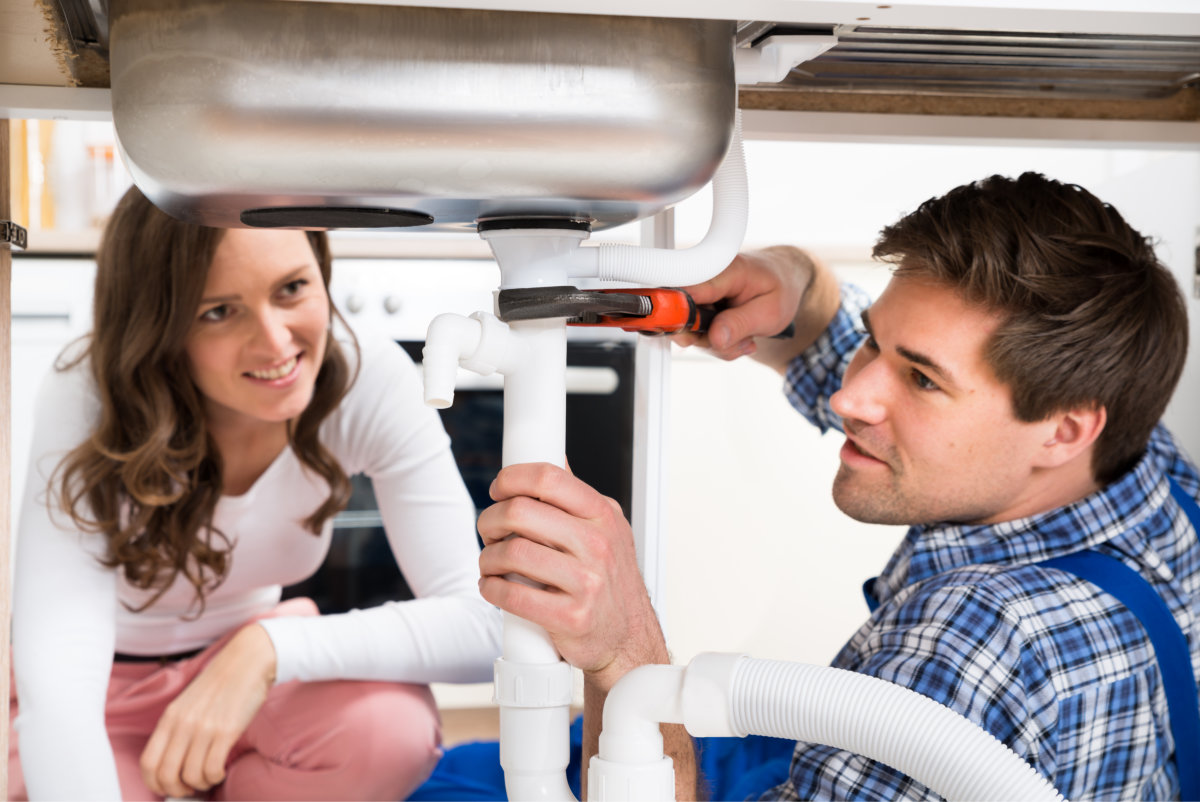How to Replace a Bathroom and a Thermostat
The Importance of Water and Warm Conservation =============================================
As the globe faces pressing ecological obstacles, your function in water and heat preservation can not be overemphasized. By welcoming straightforward yet impactful techniques, you'll not just protect valuable natural resources but also gain substantial monetary benefits. Imagine lowering your energy expenses while contributing to an extra sustainable future – it's an opportunity you can not manage to miss. Dive deeper right into the subject, and you'll discover a wide range of techniques tailored to your special scenarios, empowering you to make a purposeful distinction one action at a time.
Secret Takeaways
Water shortage is an international issue, and water conservation methods, consisting of rainwater harvesting and greywater reuse, can substantially lower family water usage.
Water recycling saves natural resources, reduces strain on sewage therapy systems, and gives financial cost savings through minimized water expenses and avoided framework upgrades.
Effective home appliances, wise home innovation, and conscious showering methods can contribute to effective water conservation initiatives and lower household water usage.
Correct insulation, efficient heating systems, and routine maintenance can minimize warmth loss and enhance power performance, causing reduced energy usage and lower utility costs.
Combining renewable resource resources, such as solar and geothermal, with warmth conservation strategies can cultivate sustainable, energy-efficient homes and considerably minimize carbon impacts.
Water Scarcity and Preservation
Water deficiency is a pressing global concern, and you can contribute in water conservation by making basic changes to your everyday habits.
One effective way to reduce your water use is through rain harvesting. By installing a rain barrel or cistern, you can collect and store rain for jobs like sprinkling your yard or cleaning your automobile, minimizing the stress on metropolitan water supplies.
One more method is greywater reuse. Greywater is the reasonably tidy wastewater from your sinks, showers, and cleaning makers. By diverting this water to your yard or landscaping, you can minimize the amount of fresh water you make use of for watering.
This not just conserves water yet additionally assists to lower the concern on sewer treatment systems.
Minimizing Home Water Use
You can conserve a substantial amount of water by selecting reliable devices and reducing your shower period.
Opt for water-efficient cleaning makers, dishwashing machines, and showerheads to minimize your house's water usage.
Take shorter showers and turn off the water when lathering to more save this priceless source.
Effective Device Selection
Choosing energy-efficient appliances can substantially decrease your home's water consumption, aiding to save this precious resource.
When picking brand-new devices, seek the power STAR label, which shows they fulfill strict performance requirements. Opt for high-efficiency washing makers that consume to 50% less water than standard designs. Likewise, choose water-saving dishwashers that utilize smart sensors to adjust water use based on the lots size.

Beyond significant appliances, you can likewise incorporate smart home modern technology to enhance your water use. Smart irrigation controllers, for example, can change watering timetables based on weather, guaranteeing your lawn and yard only obtain the needed amount of water.
In addition, wise showerheads and taps can monitor and manage water circulation, assisting you be a lot more conscious of your usage.
Decreased Shower Period
Minimizing the period of your showers can additionally substantially lower your home's water intake. A typical shower utilizes around 2.5 gallons of water per min, so reducing your shower time by also a few minutes can save numerous gallons every day.
Consider mounting a low-flow showerhead, which can reduce water use by as much as 50% without endangering water stress.

One more reliable approach is to make use of a shower timer. These tools, usually cost-effective and easy to mount, can aid you come to be extra mindful of your shower duration and readjust as necessary. Go for restricting your shower to 5-7 mins or much less. This simple practice can convert to significant water and power cost savings over time.
Accepting conscious bathing practices can also add to decreased water use. This entails understanding your water usage and making modifications, such as turning the water off while lathering or shampooing.
Little modifications like these can have a meaningful impact on your family's total water and warm conservation efforts.
Benefits of Water Recycling
Water recycling offers many benefits, as it conserves this precious natural deposit and minimizes the strain on water therapy facilities.
Commercial water recycling, for instance, permits companies to recycle wastewater in their procedures, minimizing their overall water consumption and prices. Greywater reuse, which includes repurposing water from sinks, showers, and washing machines for tasks like commode flushing and lawn irrigation, can significantly reduce house water usage.
Past the environmental advantages, water recycling can likewise give economic cost savings. Lowered water expenses and the possible to stay clear of pricey facilities upgrades make it an eye-catching option for both household and commercial residential or commercial properties.
In addition, water recycling systems can raise the resilience of communities, guaranteeing a trusted water supply even throughout durations of dry spell or high demand.
Power Effectiveness and Heat Loss
You can not neglect warm loss if you wish to save power. Appropriate insulation will certainly minimize heat transfer, maintaining your home cozy.
In addition, purchasing an effective furnace and sealing home windows are essential to decreasing energy losses.
Insulation Minimizes Heat Transfer
Insulation, typically, slows down the transfer of warm, fortifying your home's energy effectiveness and minimizing unwanted warm loss. Correct insulation develops an obstacle that protects against thermal bridging, where warmth escapes via architectural components like studs and joists.
Usual insulation products like fiberglass, cellulose, and stiff foam give varying degrees of thermal resistance, measured by their R-value. The greater the R-value, the much more reliable the insulation is at hampering warmth circulation.
Strategically positioning insulation in your walls, attic room, and various other areas can considerably decrease your cooling and heating costs. Insulation made from sustainable resources like recycled newspaper or plant-based products use added environment-friendly benefits.
Updating your home's insulation is one of one of the most economical means to enhance comfort and power cost savings. Whether you're building a brand-new home or refurbishing an existing one, purchasing high-performance insulation is a clever choice that pays rewards for many years ahead.
Effective Heating Equipments Vital
Alongside ample insulation, having an effective heating unit is essential for lessening energy usage and warmth loss within your home.
Smart thermostats permit you to specifically manage your home's temperature, automatically changing settings based on your preferences and timetable. This aids avoid squandered energy from heating vacant rooms or preserving unnecessary temperature levels.
Radiant heating systems are another superb alternative, as they distribute heat equally throughout an area by warming up surface areas as opposed to the air. This method is highly reliable, as it avoids the power losses associated with forced-air systems.
In addition, normal maintenance of your home heating tools is necessary to preserve ideal performance and effectiveness.
By investing in clever, energy-efficient home heating options, you can significantly reduce your environmental impact and enjoy lower utility bills.
Windows Minimize Energy Losses
Windows play an important role in reducing power losses and enhancing the general efficiency of your home.
Effectively secured and energy-efficient home windows can prevent substantial warmth transfer, maintaining your home warm in the winter and cool in the summertime.
One method to boost their efficiency is by integrating home window therapies, such as thermal drapes.
These curtains are created to trap air and develop an added barrier versus warmth transfer, reducing your reliance on heating and cooling systems.
Approaches for Heating Unit Optimization
Effectively sizing and maintaining your heater can greatly increase its effectiveness, minimizing power expenses and environmental influence.
One crucial approach is utilizing smart thermostats that enable you to program temperature level obstacles during empty hours. This way, you're not heating an empty home, yet it'll fit when you return.
Zoned heating is an additional reliable strategy, letting you target specific areas that require warmth rather than throwing away power on extra rooms.
Normal professional tune-ups and filter adjustments keep your system running efficiently and avoid problems like air flow blockages that stress the tools.
Protecting air ducts and pipes also reduces warmth loss.
Take into consideration updating to a high-efficiency model when it's time to change your old heating system – the in advance price will certainly repay with substantial long-term savings.
With a few clever changes, you can enhance your home's heating and appreciate better comfort while decreasing your carbon impact.
Renewable Resource and Warmth Conservation
Including renewable energy resources can considerably increase your home's warm preservation initiatives.
Solar panels, for instance, harness the sunlight's power to produce clean electrical power that can be utilized to power your heater, minimizing dependence on nonrenewable fuel sources.
Geothermal heating is another viable alternative, using the Planet's all-natural warmth to provide reliable and lasting heat.
By tapping into these renewable energies, you can significantly decrease your carbon impact and enjoy lasting power cost savings.
Additionally, appropriate insulation and air securing are essential for making best use of heat conservation.
Ensuring your home is well-insulated and any air leaks are addressed can avoid important warm from getting away, maintaining your living spaces comfortable without too much power consumption.
Combining renewable resource resources with robust warmth preservation techniques encourages you to develop an extra lasting, energy-efficient home that profits both your pocketbook and the environment.
Environmental Effect of Water and Warmth Usage
Minimizing your water and warm usage doesn't just save you money – it has a profound influence on the setting. The energy needed to heat water and power your home's climate control systems is a significant contributor to greenhouse gas exhausts, making conservation efforts necessary for combating environment adjustment.
When you waste water, you're not simply depleting a precious natural deposit – you're also adding to water contamination. The energy-intensive process of dealing with and carrying water produces substantial discharges. And when that water is warmed, the environmental toll only raises. By decreasing your hot water use and boosting your home's insulation, you can drastically decrease your carbon footprint.
Every drop of water and watt of power you conserve makes a difference. With easy lifestyle modifications, you can shield the planet's delicate ecological communities and protect the future for generations to come. The choice is yours – will you be a part of the solution?
Economic Advantages of Conservation Initiatives
Saving water and power doesn't just assist the environment – it can additionally conserve you a significant quantity of money with time. By lowering your water and warmth consumption, you'll see reduced utility bills monthly. That's a financial incentive that's hard to ignore.
But the advantages do not stop there. Investments in water and energy conservation produce tasks in production, installation, and upkeep. When homeowners and businesses prioritize efficiency, it drives demand for product or services that sustain those initiatives. This job production offers a much-needed increase to neighborhood economies.
Past your individual savings, preservation likewise has wider economic benefits. Minimized pressure on community water and power systems suggests cities and energies can delay or prevent expensive framework upgrades. That equates to lower taxes and rates for everybody.

When you add everything up, going green with your water and warmth use is a wise monetary relocation that benefits both your budget and your area.
Community-Driven Conservation Initiatives
Numerous communities are leading the fee in water and warm conservation, leveraging collective action to drive impactful adjustment.
You're seeing local partnerships emerge that unite residents, services, and federal government to deal with preservation obstacles head-on. Community engagement is crucial, as next-door neighbors share best methods and hold each various other liable.
For instance, in one city, a neighborhood association partnered with the community water energy to supply rebates for water-efficient appliances. Homeowners enthusiastically participated, reducing their home water usage by approximately 20%.
Meanwhile, an additional community introduced a program to weatherize homes, depending on volunteer labor and contributed supplies. This campaign not only lowered heating and cooling prices but also produced a newly found feeling of pride and togetherness.
These community-driven initiatives demonstrate the power of collaboration. When people collaborated around a typical objective, innovative services arise, and lasting effect is attained.
The water and warmth conservation movement is getting energy, one community each time.
Regularly Asked Concerns
Exactly How Can I Lower My Water Use During Washing?
Below are some washing ideas to aid you improve your water efficiency.
Initially, just run full tons of laundry to take full advantage of water usage.
You can additionally consider utilizing a front-loading washing device, which commonly makes use of much less water than top-loaders.
In addition, attempt to clean clothing in chilly water when feasible, as this can conserve a significant amount of water compared to warm water cycles.
What Are the Long-Term Cost Financial Savings of Installing Solar Panels?
Mounting solar panels can offer significant lasting price savings. The upfront installment costs might be high, but the benefits of solar power can repay over time.
You'll appreciate reduced electricity bills, raised residential property value, and possible tax obligation credits or rebates. And also, photovoltaic panels are a clean, renewable resource source that can lower your carbon footprint.
Consider the preliminary financial investment against the lasting savings to establish if solar is a smart selection for your home.
Exactly how Do I Appropriately Keep My Heating And Cooling System for Performance?
To preserve your a/c system efficiently, routine normal tune-ups with an expert. This'll assure it runs smoothly and optimizes power use.
Replace air filters every 1-3 months to boost airflow.
Clean the outdoor unit each year to get rid of debris that can limit air flow.
Seal any type of ductwork leakages to stop conditioned air from getting away.
What Government Rewards Are Offered for Water Conservation Projects?
Certain, there are a couple of federal government motivations available for water conservation jobs. https://ilfordplumbing.co.uk
At the government degree, you might be qualified for rebates on water-efficient home appliances and fixtures.
On the other hand, your local community may provide gives to help cover the costs of upgrades like low-flow commodes, rain barrels, or xeriscaping.
These rewards can make water conservation much more economical and obtainable for home owners.
Make certain to study what's available in your area.
Can I Reuse Greywater From My Home for Outdoor Irrigation?
You can reuse greywater from your home for outside irrigation. By mounting a greywater purification system, you can divert previously owned water from sinks, showers, and washing equipments to irrigate your yard and garden. This can considerably lower your total water usage.
There are different irrigation strategies you can check out, such as drip irrigation or subsurface watering, to efficiently distribute the recycled greywater to your plants. It's an excellent means to conserve this valuable source.
Verdict
You can make a genuine distinction by conserving water and maximizing warmth performance.
Rain harvesting, greywater reuse, and wise heating systems decrease your dependence on municipal sources.
Additionally, energy-efficient devices and community-driven campaigns reduced your energy bills while promoting environmental stewardship.
Welcoming these methods today guarantees a much healthier, more sustainable future for both you and the earth.